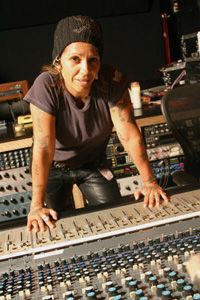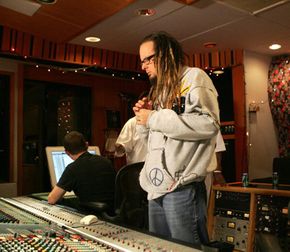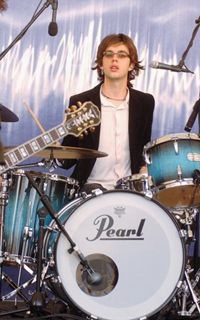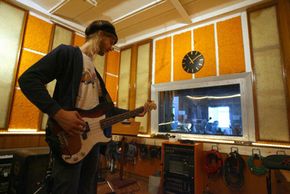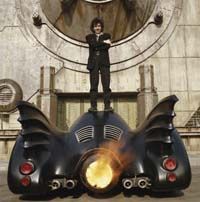Strap on your MP3 player or switch on your car radio, and you'll hear the sounds of music -- whatever your taste may be. But how often have you thought about the time and effort that went into recording that three-minute song?
Chances are, whatever you're listening to was made in a recording studio, where songwriters, musicians, sound technicians and music producers work together to create a unique sound.
Advertisement
The time spent in the studio is referred to as a recording session. They date back to the early 1900s when Dame Nellie Melba recorded sessions on a wax drum, which used mechanical means to imprint sound waves directly on that medium.
Music recording sessions are often perceived as glamorous, but they actually involve considerable work and planning. Those involved must find the right recording studio, set a budget and a schedule, and find the right personnel, including engineers, producers and specialized musicians, to get the sound they want.
Recording sessions can be expensive affairs, too, if they're held in large professional quarters. More and more, however, artists are using the explosion in affordable digital recording session equipment to record at home or even online.
Along with musical instruments, music sessions require special equipment, as well. Items such as microphones, effects boxes, sound mixing boards, amplifiers and lots of cable are critical to a session's overall success.
The style and attitude involved in a recording session can vary greatly depending on the type of music involved. A recording session for smooth jazz or certain commercial music, for instance, might feel (and sound) much different than that for a hard rock band.
How do you plan a recording session? What equipment is needed to record? How does recording online work? Check out the next page to find out.
Advertisement
